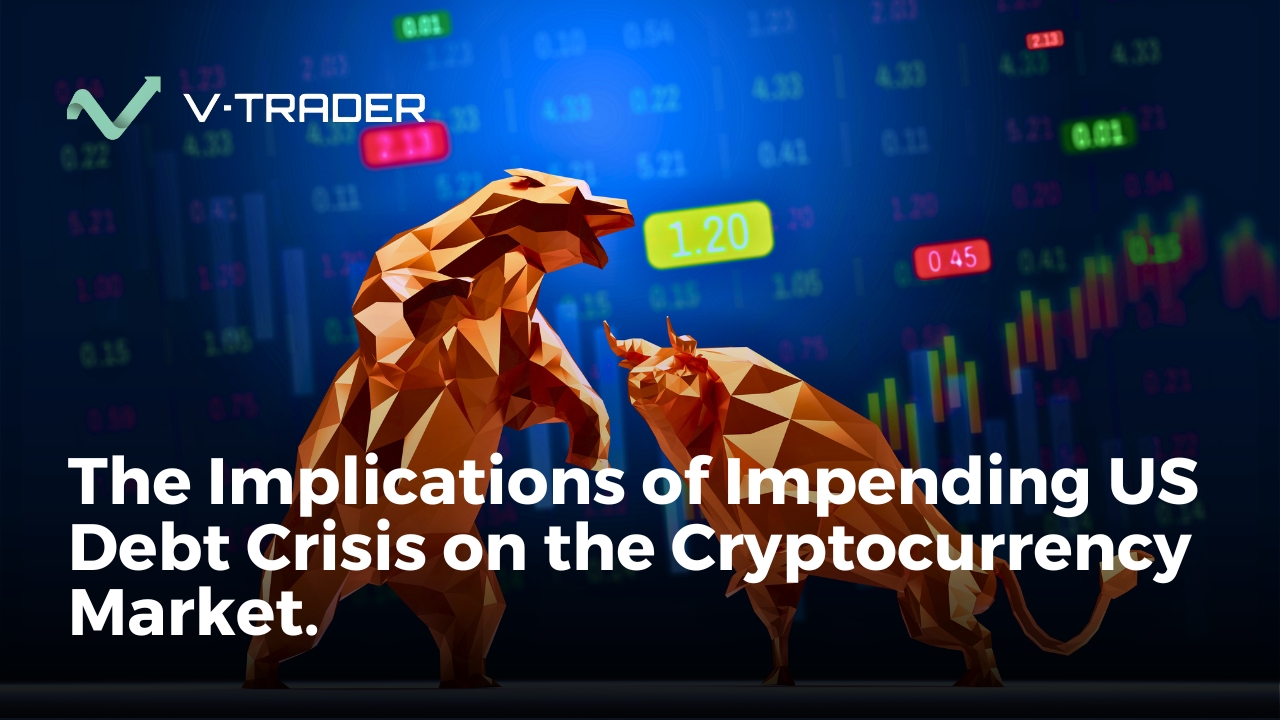In a notable turn of events, the U.S. Securities and Exchange Commission (SEC) has concluded its investigation into PayPal’s stablecoin, PayPal USD (PYUSD), without pursuing any enforcement actions. This development, revealed in a recent company filing, marks the end of a regulatory examination that began in November 2023, when PayPal first received a subpoena from the SEC’s Division of Enforcement. The closure of this inquiry in February 2025 offers a significant reprieve for the payment behemoth as it expands its footprint in the burgeoning blockchain payments sector.
A Breath of Fresh Air for PayPal
The SEC’s decision to drop the investigation lifts a substantial regulatory cloud that had been hanging over PayPal, allowing the company to refocus on its strategic ambitions. Launched in August 2023 on the Ethereum blockchain, PYUSD is a dollar-pegged stablecoin backed by short-term U.S. Treasury bills and dollar deposits. Its design caters to a variety of uses—from peer-to-peer transactions to commerce and decentralized applications. The resolution of the SEC probe is particularly timely given the escalating interest in stablecoins, both from crypto-native companies and traditional financial institutions.
“PayPal’s clearance from the SEC inquiry is a pivotal moment,” remarked Sarah Thompson, a cryptocurrency analyst at Blockchain Insights. “It underscores a potential shift in how regulators might approach these digital assets, especially those issued by established players with substantial market clout.”
The Stablecoin Surge
The SEC’s decision coincides with an era where stablecoins are rapidly gaining traction. Financial giants like Mastercard, Visa, and even traditional banks such as ING are diving into this space, keen to capitalize on the stablecoin phenomenon. Ripple’s audacious move, reportedly offering up to $5 billion to acquire stablecoin issuer Circle, exemplifies the intense competition and high stakes involved.
Adding to the fervor, Andreessen Horowitz, a prominent venture capital firm, described stablecoins as experiencing a “WhatsApp Moment” for money transfers. The analogy draws on the transformative impact of instant messaging on global communication, suggesting stablecoins could similarly revolutionize the payments landscape.
In this context, PayPal’s offering of a 3.7% yield on PYUSD balances to its U.S. users can be seen as a strategic maneuver to bolster its position in these competitive waters. With a market capitalization standing at $887 million, PYUSD currently ranks sixth among stablecoin issuers, according to CoinMarketCap data.
Navigating Regulatory Waters
The broader regulatory landscape for stablecoins remains a topic of vigorous debate. Traditionally, regulators have scrutinized whether these digital tokens function akin to securities or money market funds, which could subject issuers to increased oversight. Companies like Circle and Tether have long been in the regulatory crosshairs, and PayPal’s entry into this domain has naturally attracted attention given its extensive reach and brand influence.
Yet, the SEC’s recent actions—informing more than a dozen firms of dropped investigations—may signal a nuanced approach to regulation. “This could suggest a more measured regulatory stance towards stablecoins,” noted James Carter, a fintech regulatory expert. “However, it also raises questions about the criteria and consistency applied in these decisions.”
Looking Ahead
While PayPal has navigated past this regulatory hurdle, the landscape remains dynamic. The company’s future in the stablecoin arena will depend on its ability to maneuver through ongoing regulatory developments and the intensifying competition from both crypto natives and traditional finance giants.
The SEC’s decision to close its inquiry into PYUSD may well be a harbinger of shifting regulatory attitudes. However, as the stablecoin market continues its meteoric rise, questions linger about the longevity and sustainability of this trend. Will regulatory clarity emerge, or will new challenges arise as the market expands? The answers to these questions will undoubtedly shape the future of digital finance.
Source
This article is based on: SEC Ditches PayPal’s PYUSD Probe, Removing Key Regulatory Hurdle for Its Stablecoin

Steve Gregory is a lawyer in the United States who specializes in licensing for cryptocurrency companies and products. Steve began his career as an attorney in 2015 but made the switch to working in cryptocurrency full time shortly after joining the original team at Gemini Trust Company, an early cryptocurrency exchange based in New York City. Steve then joined CEX.io and was able to launch their regulated US-based cryptocurrency. Steve then went on to become the CEO at currency.com when he ran for four years and was able to lead currency.com to being fully acquired in 2025.

